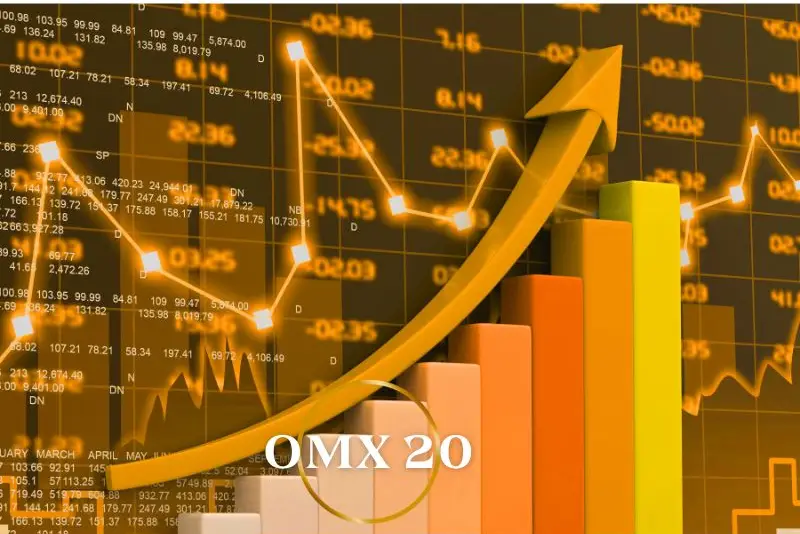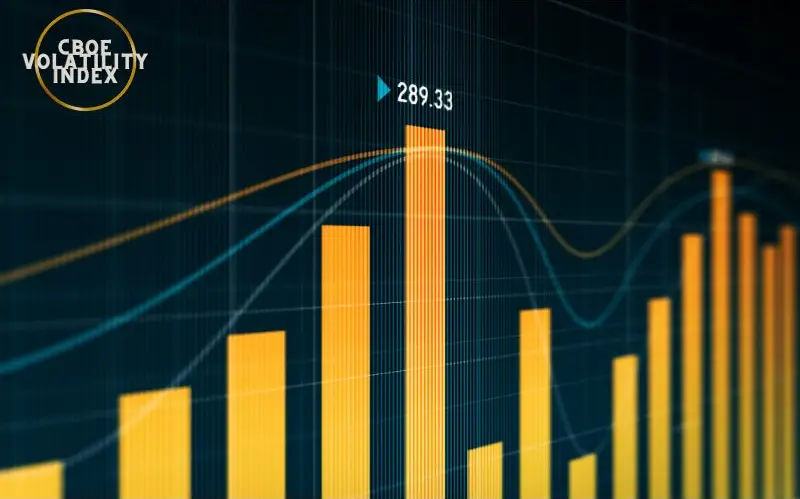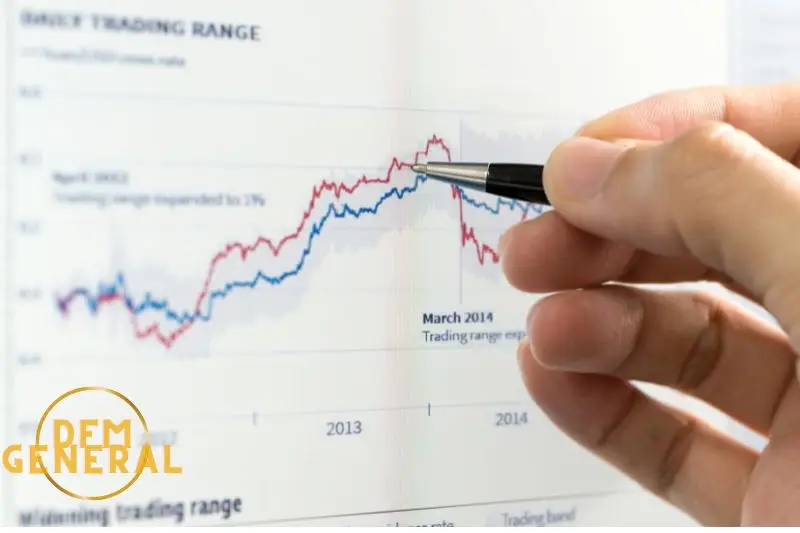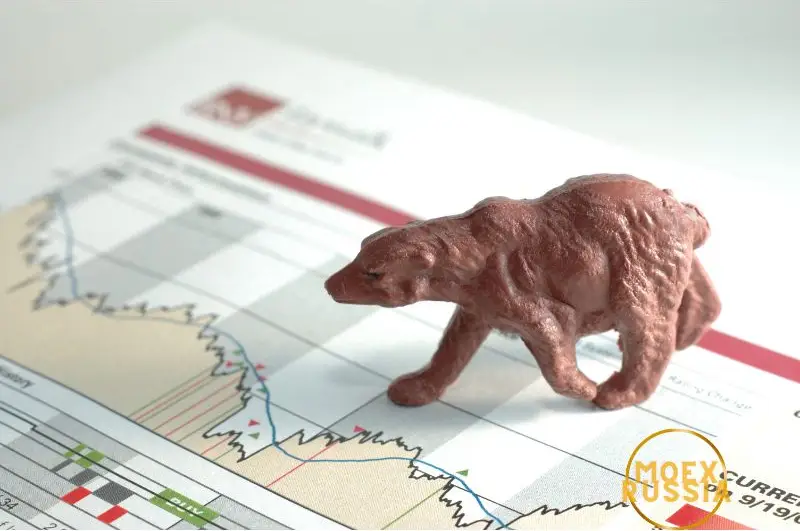Did you know that Iceland’s stock market plays a crucial role in the country’s economy? With a small but resilient market, investors in Iceland have opportunities to capitalize on various industries and companies.
The two main stock indices in Iceland are the OMX Iceland 8 and the OMX Iceland All-Share. These indices track the performance of the largest and most liquid stocks listed on the Nasdaq OMX Nordic Exchange in Iceland, providing valuable insights into the overall health of the market.
Investing in Icelandic stocks can be a strategic move for diversifying your portfolio and potentially reaping significant returns. Stay tuned for more insights into this dynamic market!
How Does the Stock Market Work in Iceland
The stock market in Iceland operates similarly to other stock markets around the world. Companies that are listed on the Icelandic Stock Exchange (Nasdaq Iceland) issue shares to raise capital. Investors can then buy and sell these shares through a broker on the exchange.
To invest in the stock market in Iceland, individuals can open a brokerage account with a local or international brokerage firm. They can then research and choose which stocks they want to invest in based on their investment goals, risk tolerance, and financial situation.
Some of the major stocks that generate profit in Iceland include:
- Íslandsbanki
- Marel
- Össur
- Almenna Verzlunin Reykjavíkur (AVR)
- N1
Investors can buy and sell these stocks on Nasdaq Iceland during trading hours. It’s important for investors to stay informed about the financial performance of these companies, as well as economic trends in Iceland that may impact the stock market.
Overall, investing in the stock market in Iceland involves researching companies, monitoring their performance, and making informed decisions to build a diversified portfolio and potentially generate profits over time.
What is the benefits of buying stocks in Iceland
Investing in the Iceland stock market can offer several benefits for investors looking to diversify their portfolio and potentially earn a higher return on their investment. Some of the benefits of buying stocks in the Iceland stock market include:
1. Diversification: Investing in international markets like Iceland can help investors spread their risk across different sectors and regions, reducing the impact of market fluctuations on their overall portfolio.
2. Growth opportunities: The Iceland stock market offers opportunities to invest in companies that may not be available in other markets, allowing investors to capitalize on potential growth prospects.
3. Currency exposure: Investing in the Iceland stock market can provide exposure to the Icelandic krona, which may offer diversification benefits for investors looking to hedge against currency risk.
4. Economic stability: Iceland has a stable economy with a strong regulatory framework, making it an attractive destination for foreign investors looking for a secure investment environment.
When investing in the Iceland stock market, it is important for investors to consider some key tips and takeaways:
1. Research companies: Before investing in any stock, make sure to conduct thorough research on the company’s financial health, management team, industry trends, and growth prospects.
2. Monitor currency fluctuations: Since investing in the Iceland stock market involves exposure to the Icelandic krona, it is important to keep an eye on currency movements that could impact your investment returns.
3. Diversify your portfolio: To reduce risk and maximize returns, consider diversifying your investments across different sectors and asset classes within the Iceland stock market.
4. Stay informed: Keep yourself updated on economic developments, regulatory changes, and market trends in Iceland to make informed investment decisions and adjust your portfolio accordingly.
In conclusion, investing in the Iceland stock market can provide several benefits for investors seeking diversification and growth opportunities. By following these tips and takeaways, investors can navigate the Icelandic market more effectively and potentially achieve their investment goals.
The main stock indices in Iceland
Stock market indices are critical tools used to measure the performance of a specific group of stocks in a particular market. They provide investors with a snapshot of overall market trends and help them make informed decisions about their investments. In Iceland, the most important stock market index is the OMX Iceland All-Share Index, which tracks the performance of all listed companies on the Nasdaq Iceland stock exchange.
The OMX Iceland All-Share Index is regulated by Nasdaq Iceland, which sets the rules and guidelines for inclusion in the index. Companies must meet certain criteria, such as minimum market capitalization and trading volume, to be included in the index. Nasdaq Iceland also regularly reviews and updates the composition of the index to ensure it accurately reflects the Icelandic stock market.
Regulation of stock market indices in Iceland is overseen by the Financial Supervisory Authority (FME). The FME is responsible for ensuring that stock market indices are calculated accurately and transparently, and that any changes to index methodology are made in a fair and consistent manner. The FME also monitors compliance with relevant laws and regulations to protect investors and maintain confidence in the Icelandic stock market.
Investors in Iceland can use stock market indices like the OMX Iceland All-Share Index as benchmarks to gauge their own investment performance against the broader market. By tracking how their investments compare to the index, investors can assess whether they are achieving above-average returns or underperforming relative to the overall market.
In conclusion, stock market indices play a crucial role in providing insights into overall market trends and helping investors make informed decisions. In Iceland, the OMX Iceland All-Share Index is a key benchmark for measuring the performance of listed companies on the Nasdaq Iceland stock exchange. Regulation by Nasdaq Iceland and oversight by the Financial Supervisory Authority ensure that these indices are accurate, transparent, and reliable indicators of market performance.
Recap: The stock market in Iceland
The stock market in Iceland has shown steady growth over the past few years, with many companies seeing an increase in their stock prices. This growth can be attributed to a strong economy and stable political environment in the country.
Investors in Iceland have been attracted to the stock market due to its relatively low volatility compared to other markets. This has made it an attractive option for both local and international investors looking to diversify their portfolios.
There are several key industries driving the Icelandic stock market, including fisheries, tourism, and renewable energy. These sectors have seen significant growth and are expected to continue performing well in the future.
Overall, the stock market in Iceland presents promising opportunities for investors looking to capitalize on the country’s economic stability and strong performance across various industries. With careful research and strategic investment decisions, investors can potentially see significant returns in this market.




























































